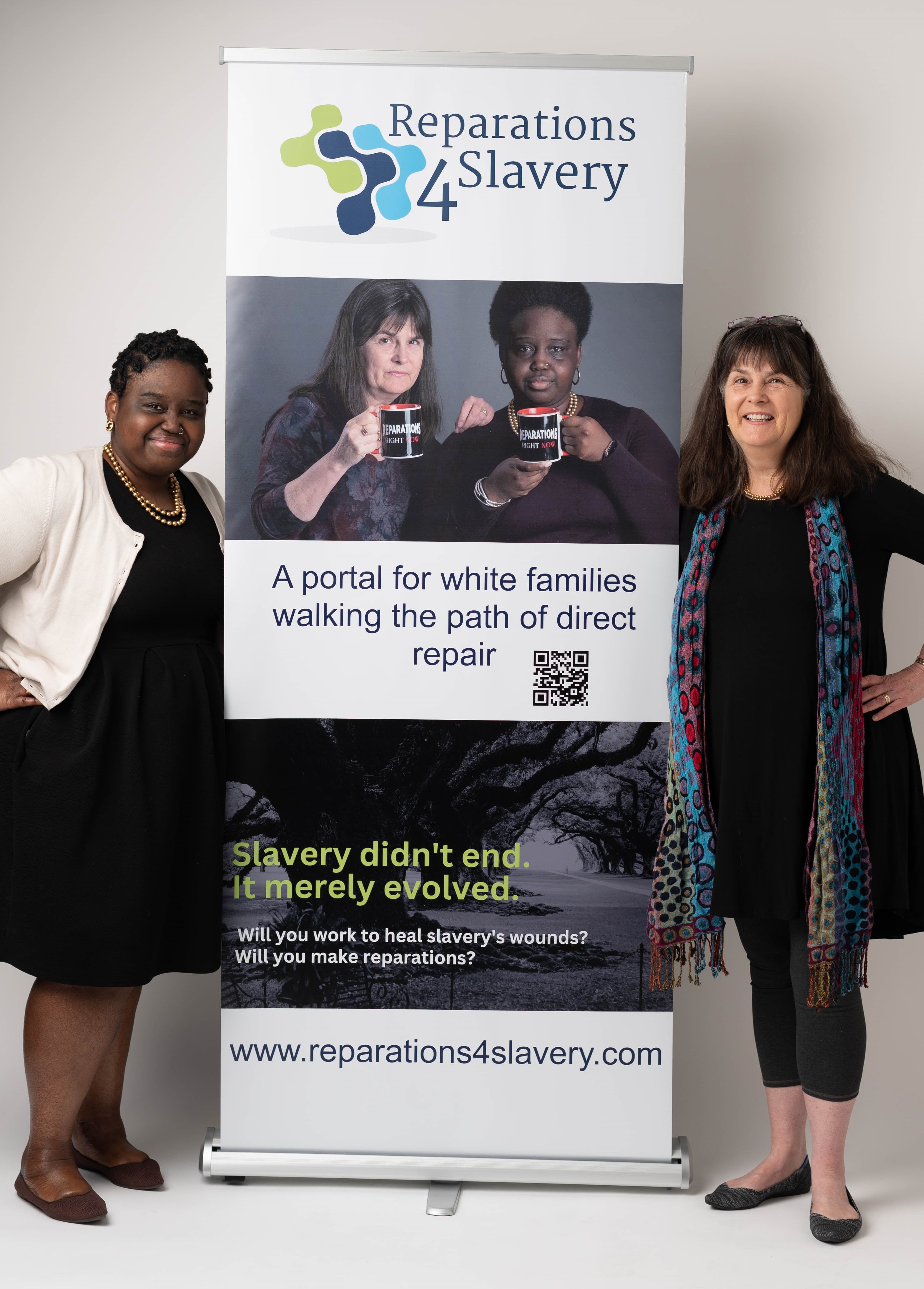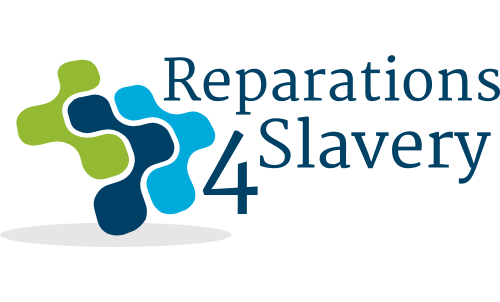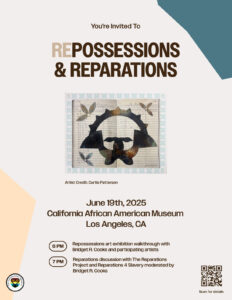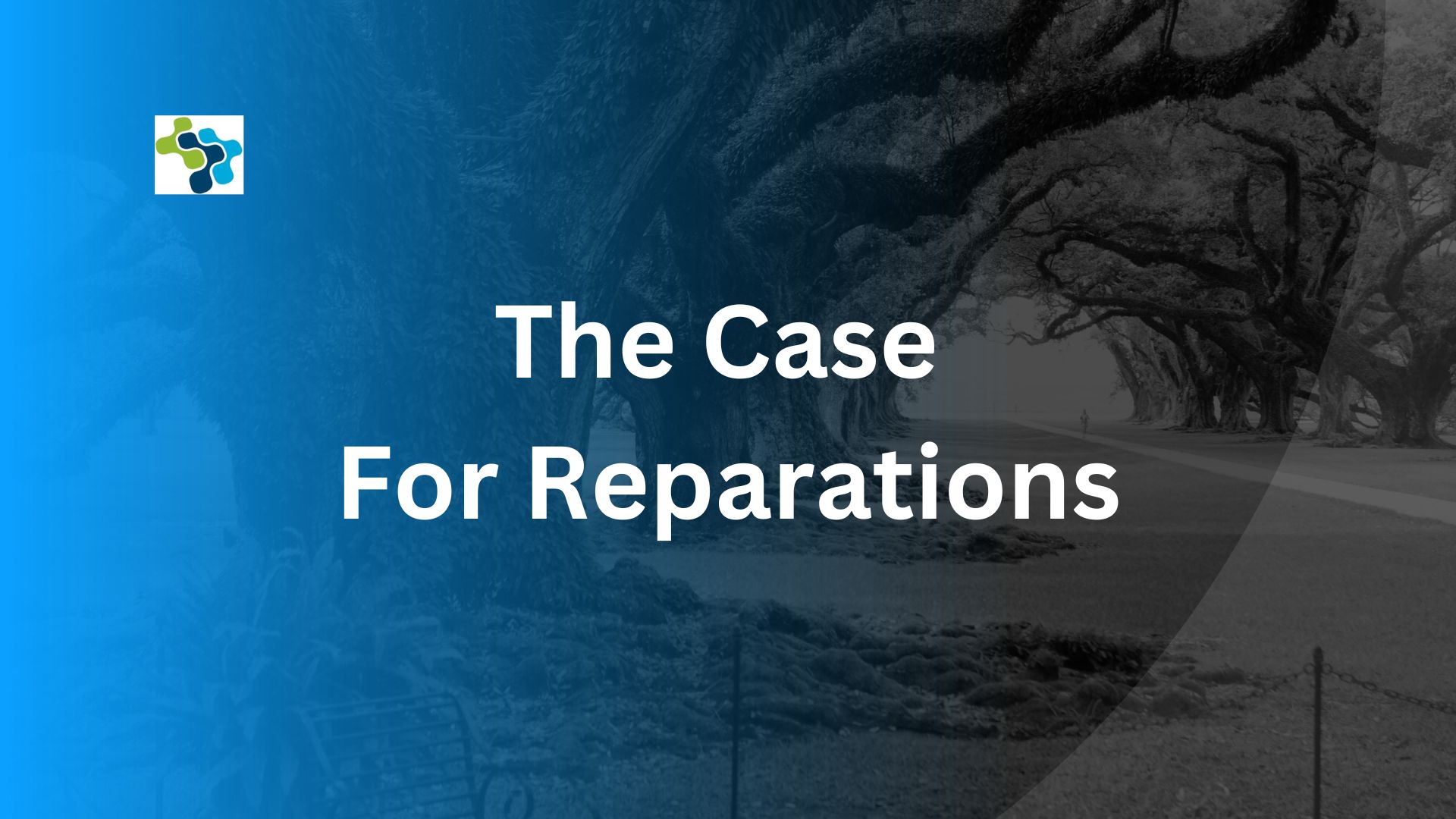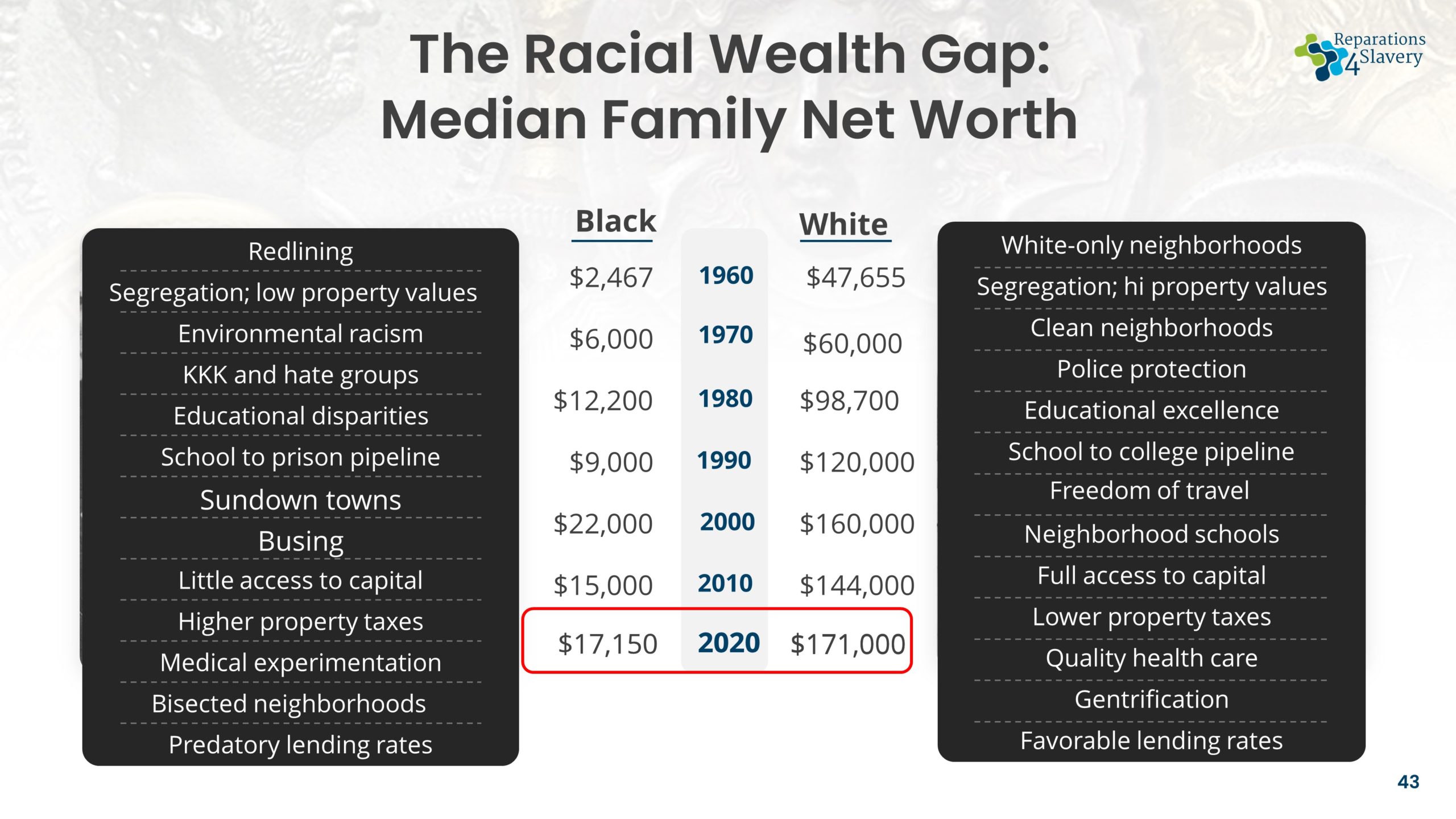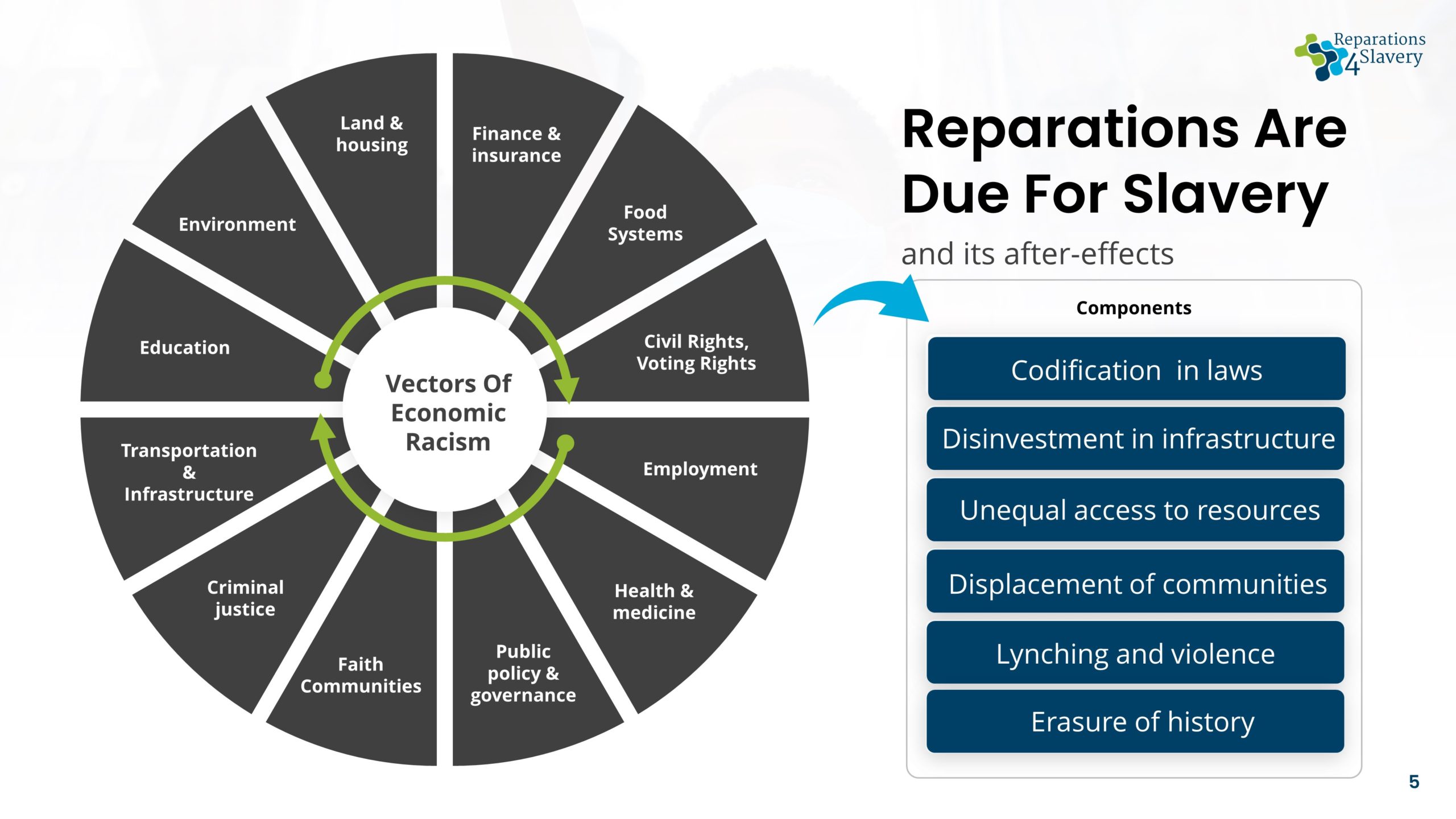A PORTAL FOR WHITE FAMILIES WALKING THE PATH OF RACIAL HEALING THROUGH ENGAGING IN DIRECT REPAIR
WELCOME.

My name is Lotte, and I created this portal after making a grim discovery about my family history.
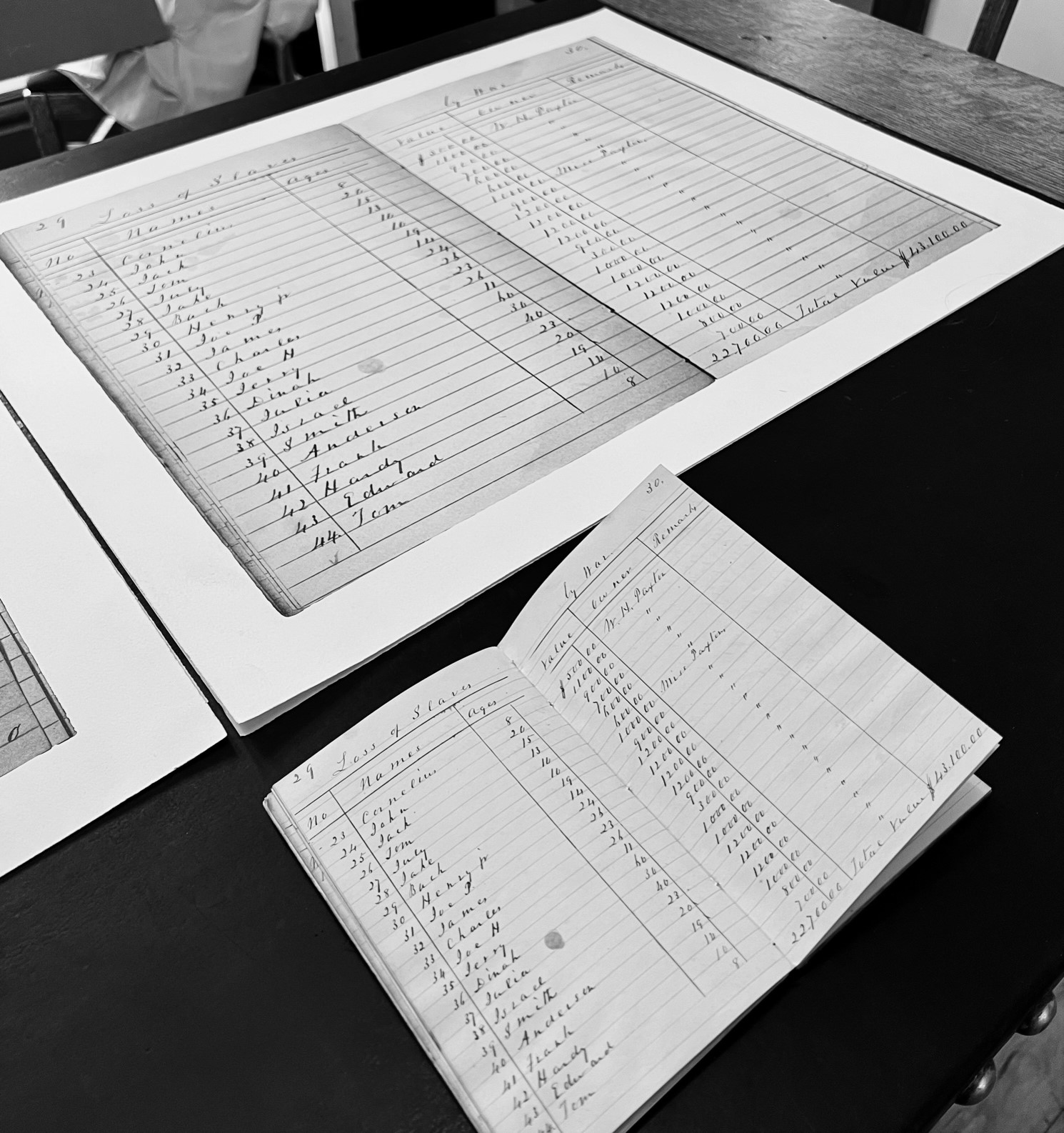
Slaveholding Ledger
Dead Reckoning: Records of Ancestral Slaveholding
In early 2018, I was unpacking some family heirlooms, and I found a logbook of my family’s plantation business in Mississippi. Inside it, alongside lists of property and equipment, was a list of the names and values of people. People my family had enslaved.
I was struck by how little I knew of this history. I knew one branch of our family was from the South, and several ancestors had fought during the Civil War. But no one had ever mentioned a connection to slavery. After a bit more research, it became clear that my family had enslaved African people for over 200 years and had amassed both social and financial advantages as a result.
While that wealth was long gone, the discovery was painful; I was filled with guilt and shame.
The Case For Reparations
"It is a cruel jest to say to a bootless man that he should lift himself up by his own bootstraps. It is even worse to tell a man to lift himself up by his own bootstraps when someone is standing on the boot."
Dr. Martin Luther King Jr.
The case for reparations to descendants of enslaved people is quite simple: African Americans were taken from their homes in Africa, enslaved, and forced to work for white Americans for over 250 years in abysmal conditions with no remuneration. The “40 acres and a mule” promised to each black family upon emancipation was never delivered.
Even after emancipation, practices such as sharecropping and enactment of Jim Crow laws ensured that African Americans were economically hamstrung, effectively barred from participating in the American Dream. These practices continue to this day, evolving with the times.
Just as wealth can be built and handed down the generations, so too can poverty. Black families currently amass just 1/10 the wealth that white families do.
The Racial Wealth Gap: Understanding the Economic Basis for Repair
Descendants of enslaved Africans encounter the effects of institutional racism daily, whether it’s police brutality, or being shut out of employment opportunities, a good education or the ability to finance a home.
The racial wealth gap is currently 10:1 in the United States. Embedded in that ratio are 250 years of slavery, 75 years of Jim Crow, and the current roll-back of civil rights gained in the 1950s and 1960s.
Racism hurts everyone. As the U.S prepares for a demographic shift in the coming decades, the economic impacts from racism are beginning to show up in our G.D.P. By one reckoning, racism has cost America $16 trillion this century alone.
Since finding the ledger, I have met many others who have made similar discoveries. We all have the same feelings and ask the same question:
Now that I know, what do I do?
This portal is designed to help fill that void. It will connect you with the resources you need to better understand our history, the nature of institutional racism, how our families fit into the puzzle, and how we can repair the damage. You will hear stories from black and white perspectives. You will hear from both liberals and conservatives. And you will learn innovative ways we’ve chosen to engage in direct repair.
Start by listening to my story:
Next, explore the portal's educational resources.
Finally, chart your path of repair.
"Engagement in direct repair will be most successful when white families have studied the history of enslavement and its aftereffects, understood our own family's role in upholding structures of white supremacy, and investigated how vestiges of the enslavement era live on in our communities, contributing to the racial wealth gap."
- Lotte Lieb Dula
Meet The R4S Portal Team
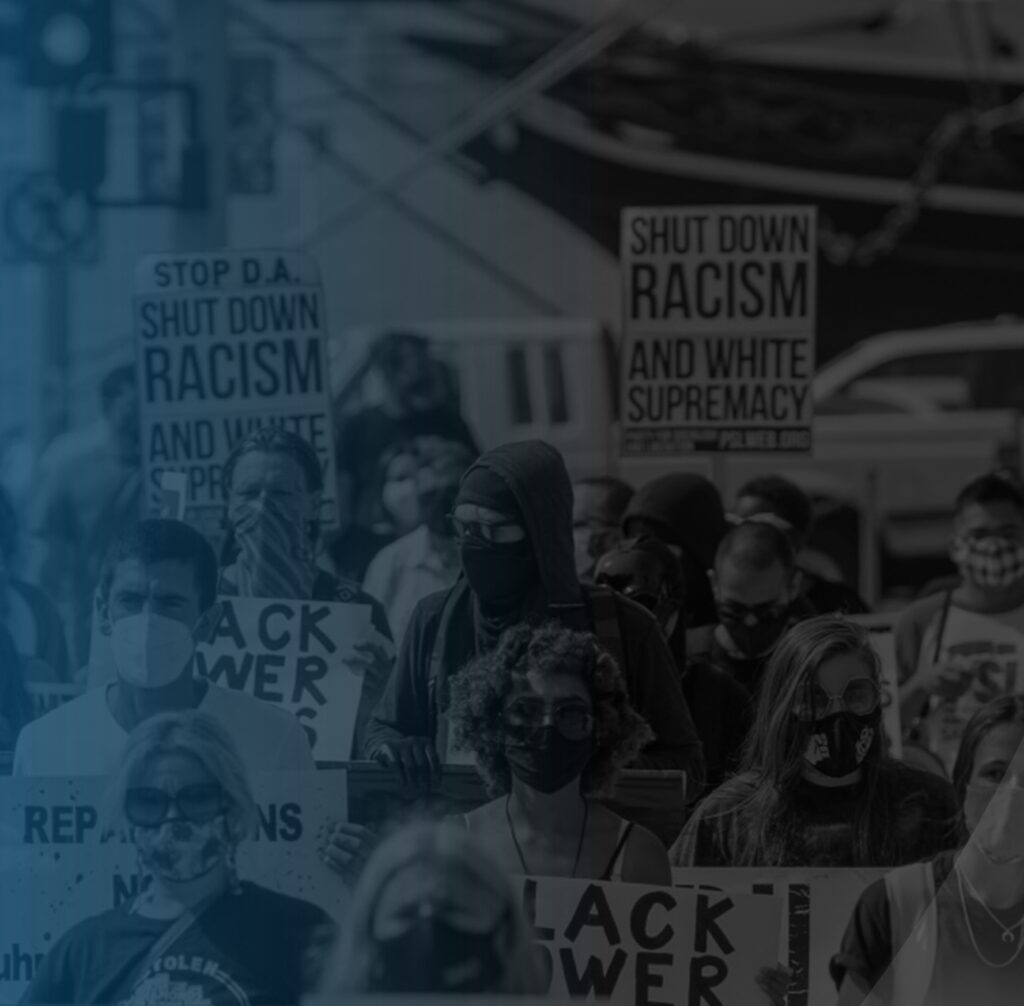
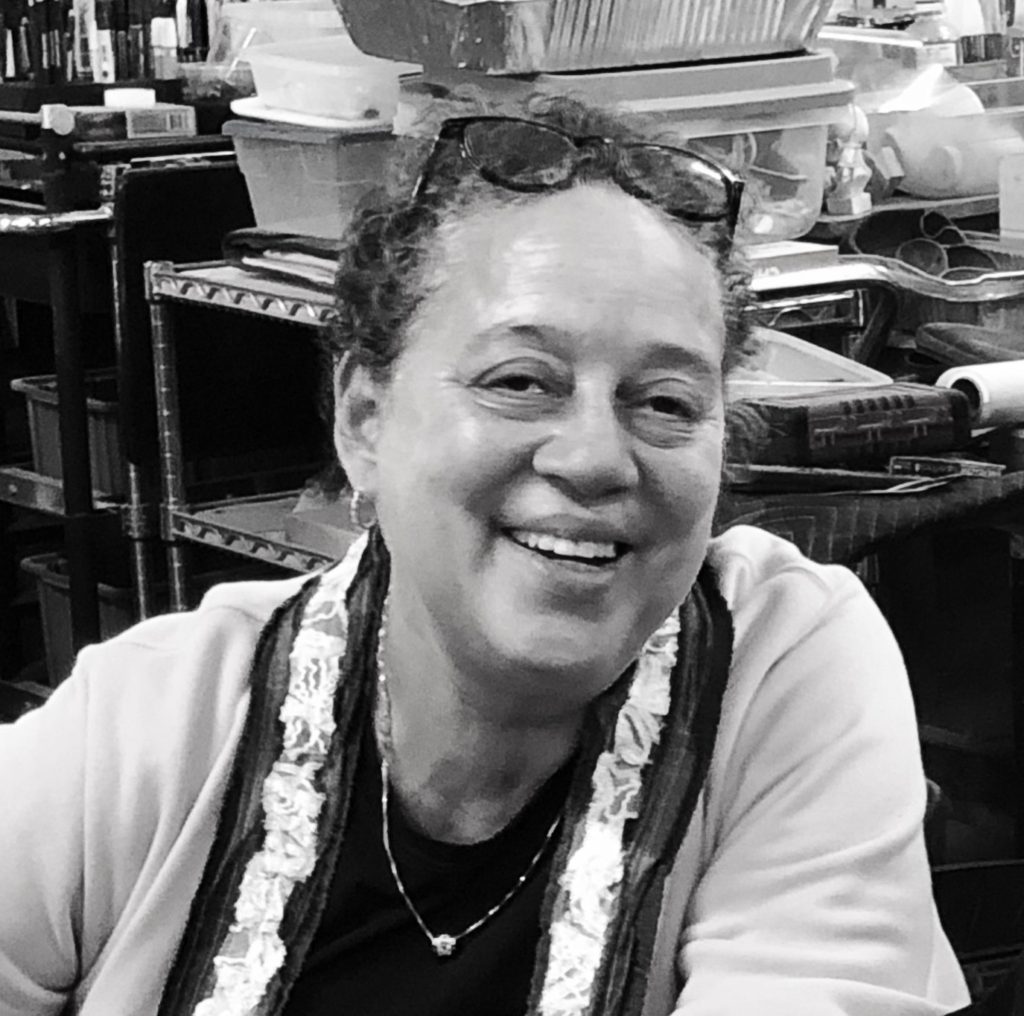
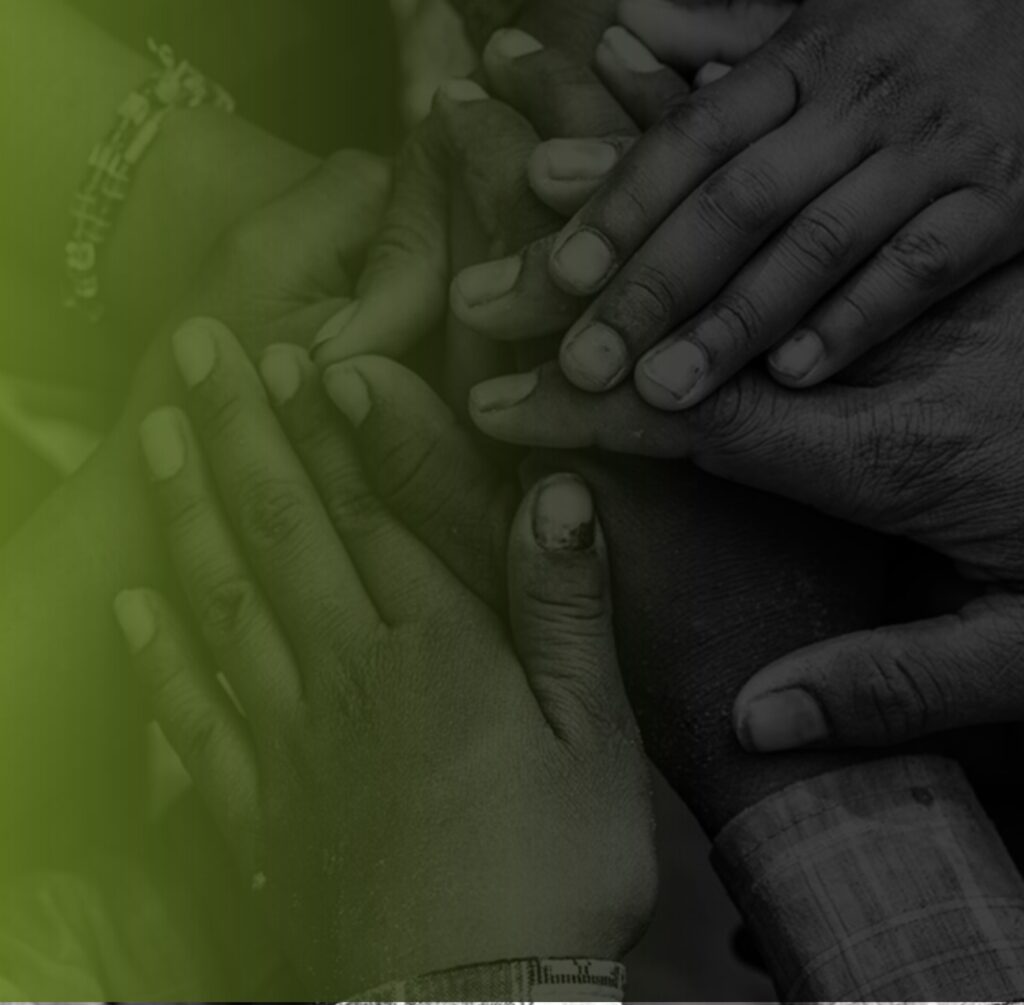
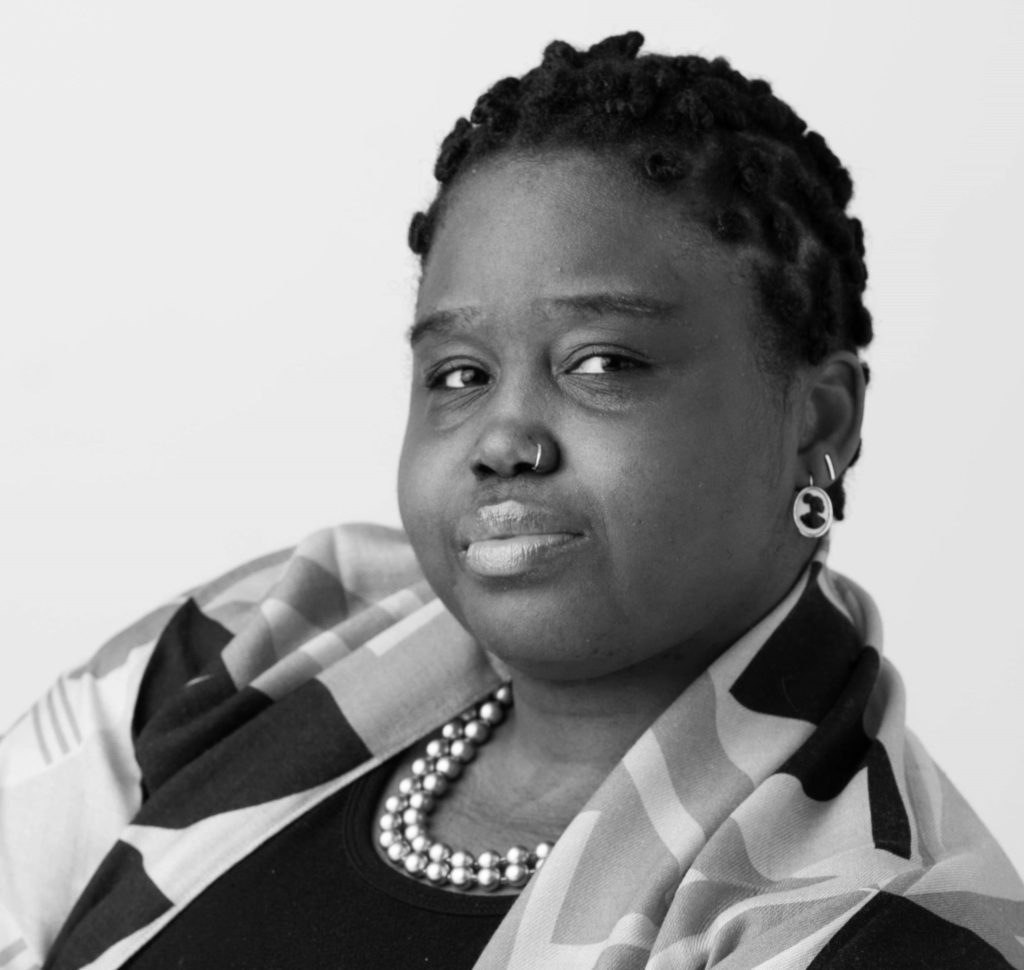
"Marginalization of people of African descent in this country has always been heightened to maintain white control whenever that power structure is threatened – from designated subhuman chattel property status to making it illegal to read and write, the forced rape of women of color, and a myriad of other social, political, economic and emotional controls. Repair must happen to correct the wrongs of the past and the present."
Tamara Rhone
Educator

"The Black community continues to be disenfranchised. We need to work as a country to reverse this harm. To me, reparations is about extending the advantages white people have always enjoyed to Black people."
Briayna Cuffie
R4S Equity Advisor

"Reparations is a healing process at the level of society, the collective. It's about righting historical wrongs. As a healer, I see reparations as a medicine that we can apply to heal the wounds of the past, to grow the reparative future."
Asia Dorsey
Host, Healing Black Futures Podcast
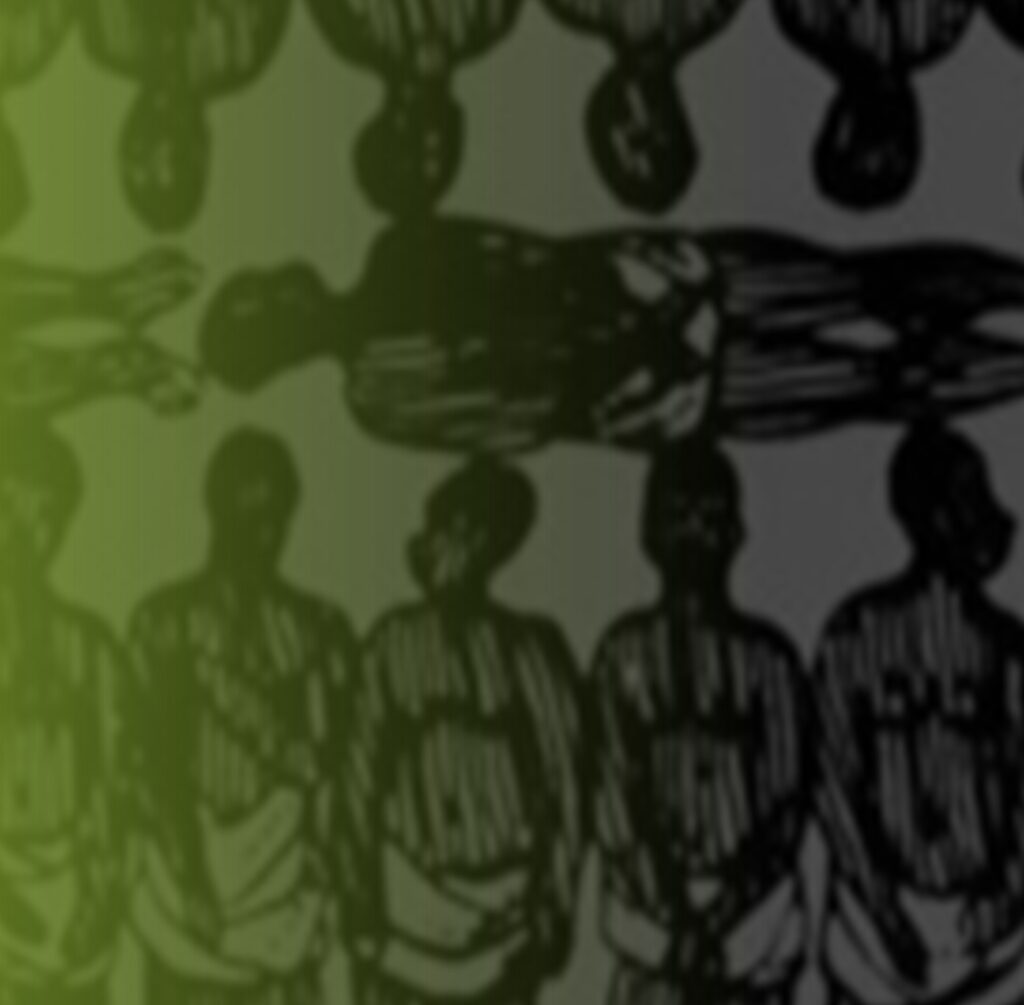
"We are charting a path to the reparative future. The message for white families is simple: we must learn about erased history; we must determine how our ancestors are connected to this history; and we must work with our Black brothers and sisters to reverse the harm our families have caused. This is the path of co-liberation."
Lotte Lieb Dula
Founder
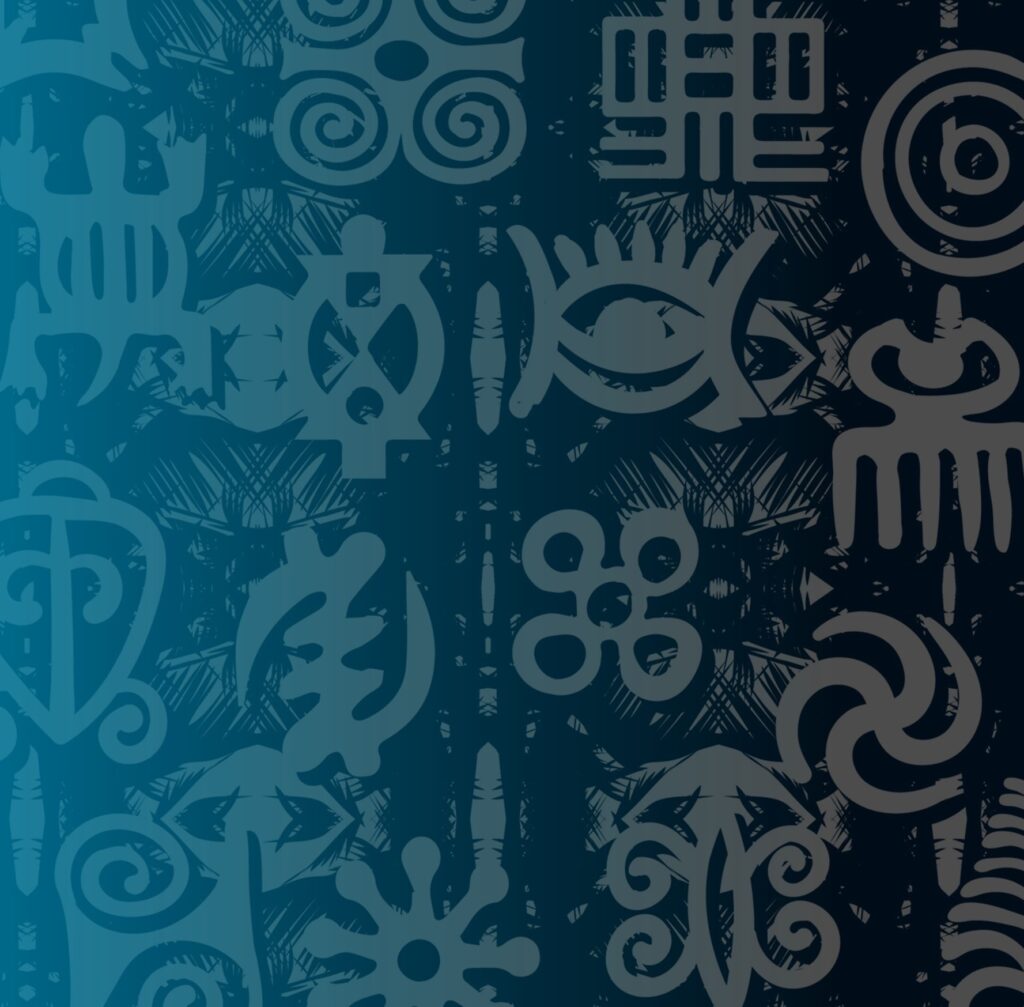
About Reparations4slavery.com
